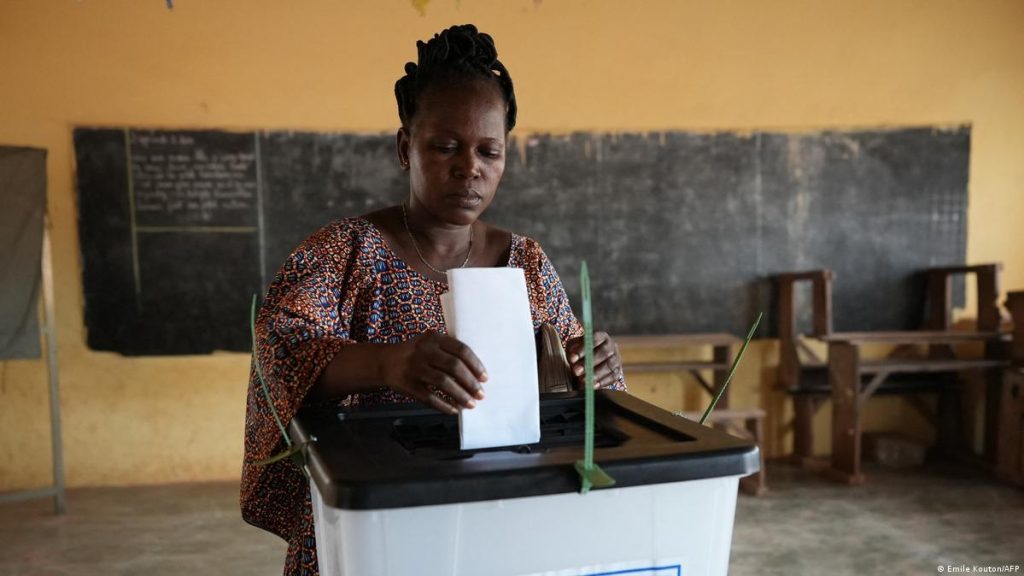The electoral commission in Togo has announced that the ruling party has won a parliamentary majority in April’s legislative elections, providing a significant boost to President Faure Gnassingbe’s grip on power amidst a divisive constitutional reform.
According to provisional results released by the national electoral commission, Gnassingbe’s Union for the Republic party (UNIR) secured 108 out of 113 seats in the new assembly.
The electoral commission president, Dago Yabre, disclosed that the participation rate in the election was 61 percent during a national broadcast announcing the results.
Under the newly approved constitution passed by lawmakers in April, Gnassingbe will now have the opportunity to assume a new position as president of the council of ministers, akin to a prime minister role automatically assumed by the leader of the majority party in parliament.
Having already held power for nearly two decades, Gnassingbe succeeded his father, Gnassingbe Eyadema, who ruled Togo for almost forty years. Critics of the constitutional reform argue that it facilitates Gnassingbe’s ability to sidestep presidential term limits and perpetuate his family’s political dynasty.
Opposition parties have decried the reform as an institutional coup, tailored to enable Gnassingbe to circumvent term limits and extend his rule. Conversely, UNIR loyalists assert that the reform enhances Togo’s democracy by making it more representative.
Previously, under the old constitution, Gnassingbe would have been limited to running for the presidency just one more time in 2025.
Gnassingbe, aged 57, has already won four elections, all of which were criticised by the opposition for being flawed. While the main opposition boycotted the last parliamentary election in 2018 citing irregularities, they rallied supporters this time to challenge UNIR’s dominance.
As per the new constitution, Togo’s presidency transitions to a largely ceremonial role, elected by parliament rather than the people, for a four-year term.
The shift from a presidential to a parliamentary system means that power now lies with the new president of the council of ministers, who will be the leader of the majority party in the new assembly.
Opposition parties raised concerns about irregularities in the legislative election, with some challenging the constitutional reform’s legality in the court of the regional bloc, the Economic Community of West African States (ECOWAS).
However, attempts by the opposition to protest against the reform were thwarted by authorities, as political rallies have been banned in Togo since an attack on the large market in Lome, during which a military police officer was killed.

